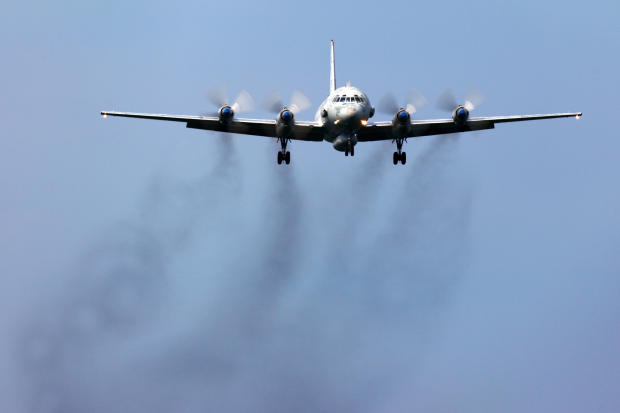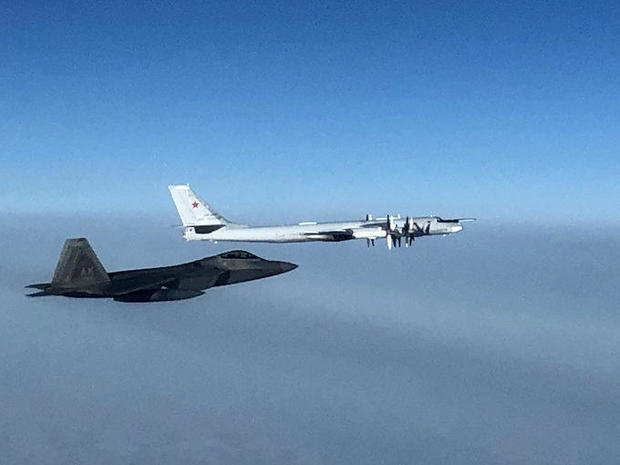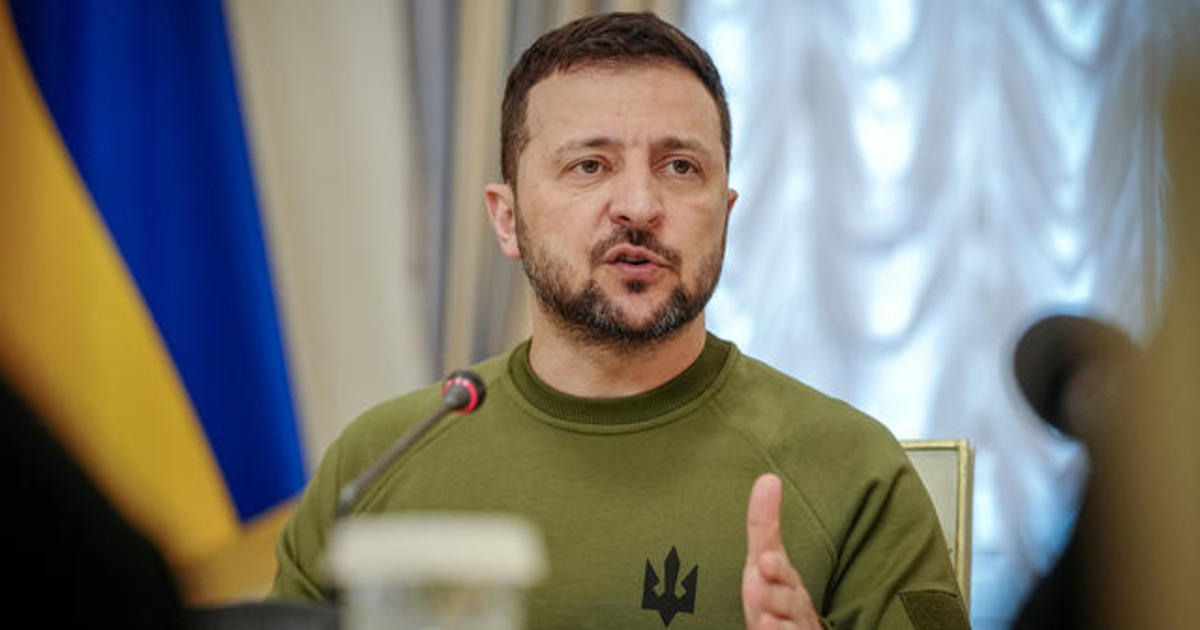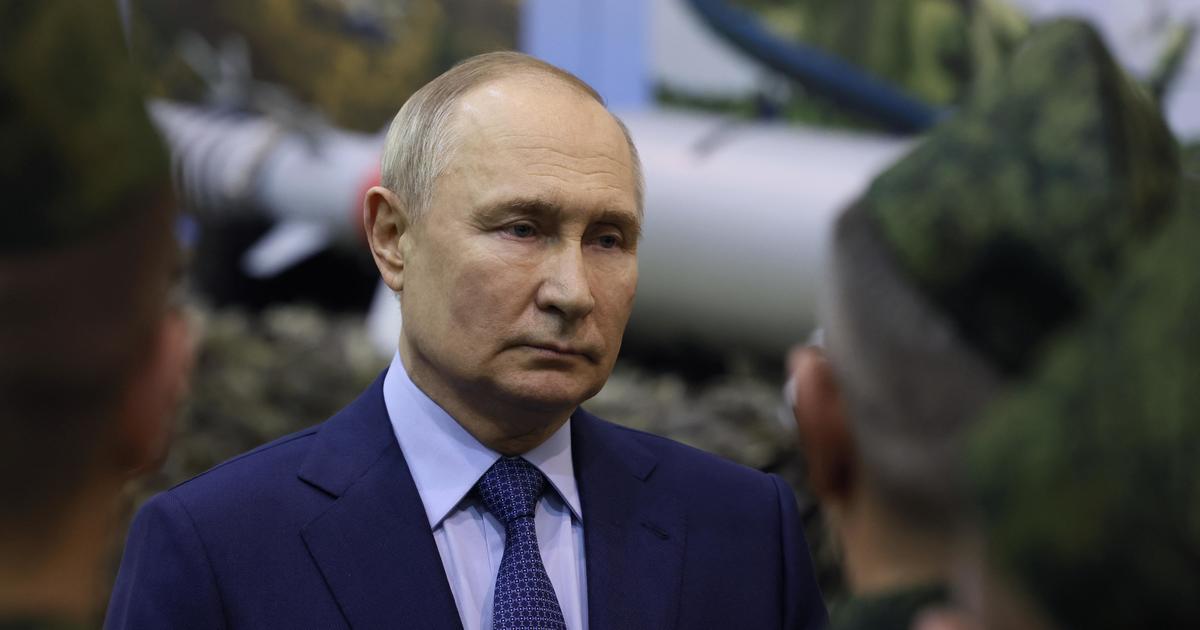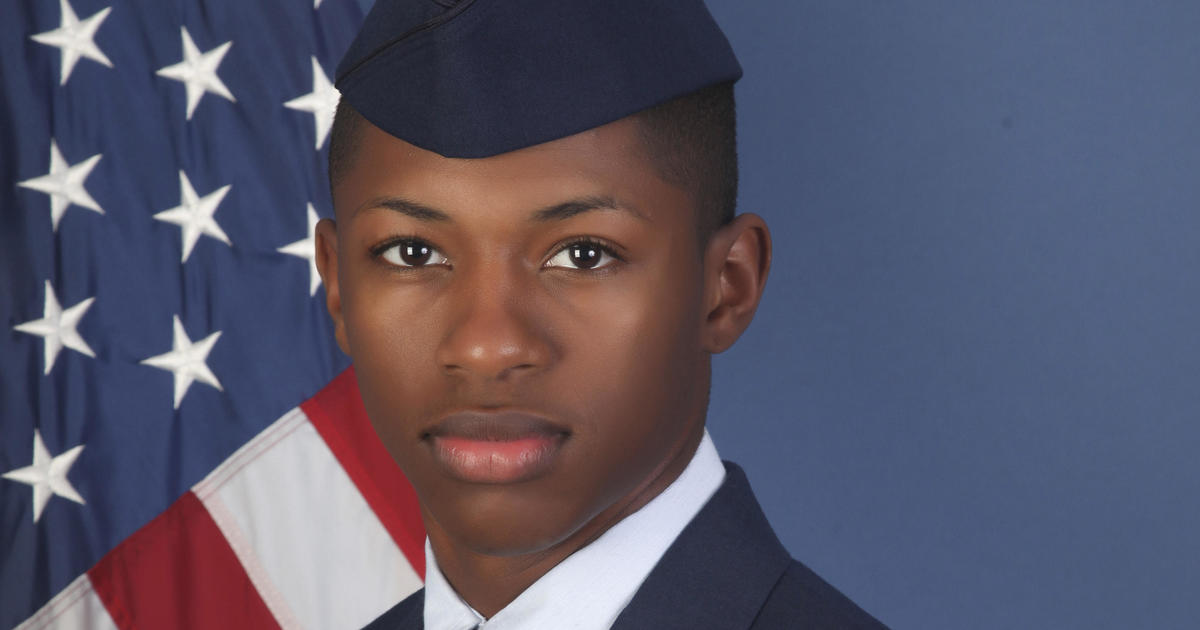Russia, following the U.S., will abandon the Open Skies arms control treaty
Moscow — Russia's Foreign Ministry said Friday that the country was withdrawing from the Open Skies Treaty, an arms control accord signed by dozens of nations in 1992 that had allowed unarmed surveillance flights over military infrastructure. Russia's announcement followed the United States' exit from the treaty in November, which was sharply criticized by Russian officials.
The Trump administration said it pulled out of the international accord over what it said were Moscow's repeated violations of the pact. Russian officials have consistently denied violating the agreement.
The Foreign Ministry issued a statement on Friday citing a "lack of progress" in efforts to negotiate with other countries to keep the treaty functional following the U.S. withdrawal. "We state with regret that they found no support on the part of the U.S. allies," the ministry said.
Russia says the U.S. abandoned the treaty under "artificial pretext" and, in the process, "essentially destroyed the balance of interests of the State-Parties reached when the Treaty was signed."
What is the Open Skies Treaty?
President George H.W. Bush negotiated and signed the 1992 agreement that permitted unarmed surveillance flights over the 35 countries that signed on.
Under the Open Skies Treaty, which came into force in 2002, member states were allowed to conduct aerial surveillance of each other's territory to gather information on military forces and activities. Its members still include European countries, some former Soviet republics, and Canada.
After the U.S. exit, Russia proposed that NATO allies should provide guarantees that they wouldn't transfer data collected during their observational flights over Russia to the U.S., but NATO wouldn't agree to it.
Now Russia is launching the necessary domestic legal procedures to withdraw from the pact.
The European Union had earlier urged the U.S. to reconsider its position, and Russia to remain in the treaty.
When the Trump administration announced its intention to pull out of the treaty, United Nations Spokesman Stephane Dujarric warned that "ending such agreements without anything to replace them could result in destabilizing activities such as a dangerous new arms race, leading to possible miscalculation."
"We reiterate our concern regarding the erosion of the U.S.-Russia arms control regime," Dujarric told CBS News. "We stress that the arms control regime has provided security benefits for the entire international community by constraining strategic arms competition."
U.S.-Russia tension
Relations between Moscow and Washington have deteriorated, reaching Cold War levels, since 2014, when Moscow unilaterally annexed Crimea from neighboring Ukraine.
In 2019, the Trump administration withdrew from the Cold War-era Intermediate-Range Nuclear Forces (INF) Treaty, prompting Russia to follow suit and raising fears of a new arms race.
The only U.S.-Russian arms control pact still in effect is the New START treaty, which is set to expire in three weeks. President-elect Joe Biden, who will succeed Mr. Trump next week, has said he favors the renewal of New START, but it remains unclear if the sides can reach an agreement on how to do that.
New START was signed in 2010 by President Barack Obama. It limits each country to a maximum of 1,550 deployed nuclear warheads. It also limits the number of deployed nuclear-capable missiles and bombers for both countries.
